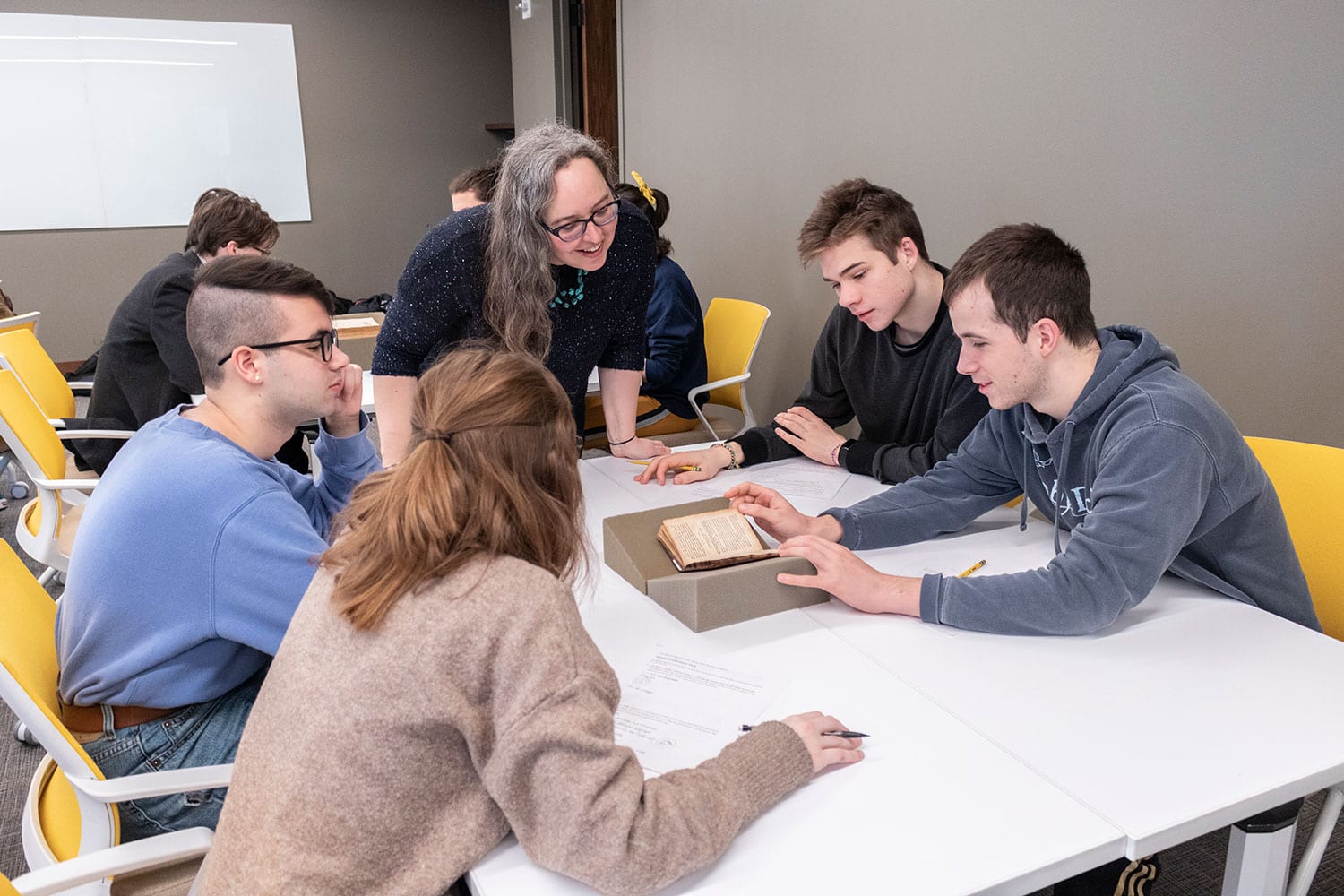Course Title: “Musical Cultures of the World: An Ethnomusicological Journey”
Taught By: Norton Family Assistant Professor of Music Edwin Porras
Says Porras:
“Musical Cultures of the World: An Ethnomusicological Journey” explores the world’s musical traditions through selected case studies from each of ten regions: Oceania, South Asia, East Asia, Southeast Asia, the Middle East, North America, Europe, Africa, the Caribbean, and Latin America. The ethnomusicological perspective is ideal for studying a larger slice of the world’s music, including rural and urban genres, ritual and secular practices, and traditional and modern contexts. The class is designed, on the one hand, to provide students with concepts and language to think, listen, and write critically about different world musics and their relationship to social, cultural, political, and economic contexts and history. On the other hand, it aims to humanize the study of music—to understand our humanity through our musicality—by recentering its focus on the study of human beings as they encounter one another in the act of music making.
In my department, “Musical Cultures of the World: an Ethnomusicological Journey” is unique in its scope and perspective. For instance, I may explore the role of Mexican baladas in the transgression of gender roles that complicate ideas about masculinity, or the significance of lion dancing in the construction of an identity that is both Cuban and Chinese. The music department recognizes that traditional music education alone does not meet the intellectual and artistic aspirations of students, and I am excited to contribute to this vision. “Musical Cultures of the World: An Ethnomusicological Journey” is the first of a number of courses—developed and developing—that seek to decolonize the study of music through the exploration of musical cultural diversity and the ethnomusicological perspective.
Learn more about other courses offered by the Department of Music.
Photo: (cc) Kurayba/Flickr

